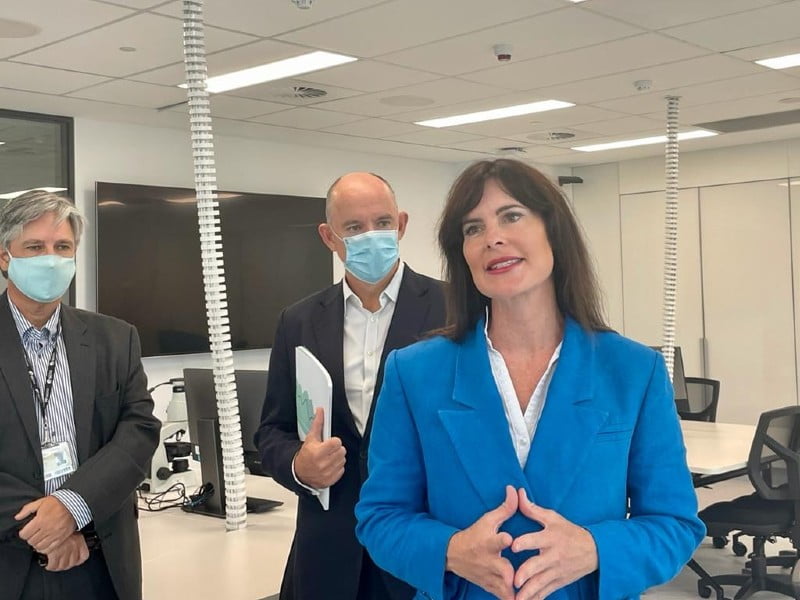A government-led Parliamentary committee has called for statutory requirements around social media algorithmic transparency, potential regulation of end-to-end encryption and continued scrutiny of Big Tech companies.
The House of Representatives Select Committee on Social Media and Online Safety, chaired by Liberal MP Lucy Wicks, tabled its 250-page report on Tuesday evening.
The report includes 26 recommendations based on what industry can do to improve online safety, what government can do, and what individuals and society at large can do.

The recommendations include a path forward for the continued inquiry into these issues, efforts to improve the transparency around the use of algorithms by large social media firms and yet another call for end-to-end encryption to be regulated.
To continue investigations into social media giants and online harm, the committee recommended the establishment of a House Standing Committee on Internet, Online Safety and Technological Matters from the start of the next Parliament.
This Committee’s first inquiry should be into the role of social media firms in relation to democratic health and social cohesion, the report said, and it should also investigate technology-facilitated abuse.
“A dedicated committee could attract members with specialist knowledge or interest in relation to technological development and innovation. It would also ensure that the Parliament is informed of the latest developments, risks and solutions relevant to the industry,” the Committee’s report said.
The Committee found that the algorithms used by social media giants like Facebook have the potential to “enormously accentuate harm” with a further investigation of potential regulatory measures needed.
The report floats a statutory requirement that Big Tech companies provide details regarding their efforts to minimise the harm caused by algorithms, and said a more effective transparency framework for algorithms is needed.
The eSafety Commissioner should be tasked with reviewing the use of algorithms by these tech firms, looking at the types of harm caused by them, the lack of transparency around them and the form any potential regulation should take.
A Digital Safety Review should also be launched, the Committee urged, to look at the legislative framework and regulation in relation to the digital industry, and make recommendations on potential mandating of platform transparency.
The report also criticises Facebook and other large tech firms that are moving towards end-to-end encryption, with the Committee recommending the government examine this in the context of harm prevention.
“It is not clear that the risks posed by the potential shielding of child sexual abuse material over end-to-end encryption services are outweighed by the benefits offered by services to provide privacy to users,” the report said.
“While these services can be used by vulnerable groups, such as those experiencing family violence, the Committee also considers that one vulnerable group’s rights should not negate another group’s rights to protection from harm.
“Any potential widespread uptake of end-to-end encryption should be carefully considered and – if necessary – regulated to ensure that the appropriate balance between harm reduction and privacy protection is maintained.”
The Committee also called for the eSafety Commissioner’s funding to be reviewed within the next year, with a significant increase in her office’s workload and responsibilities.
Do you know more? Contact James Riley via Email.

